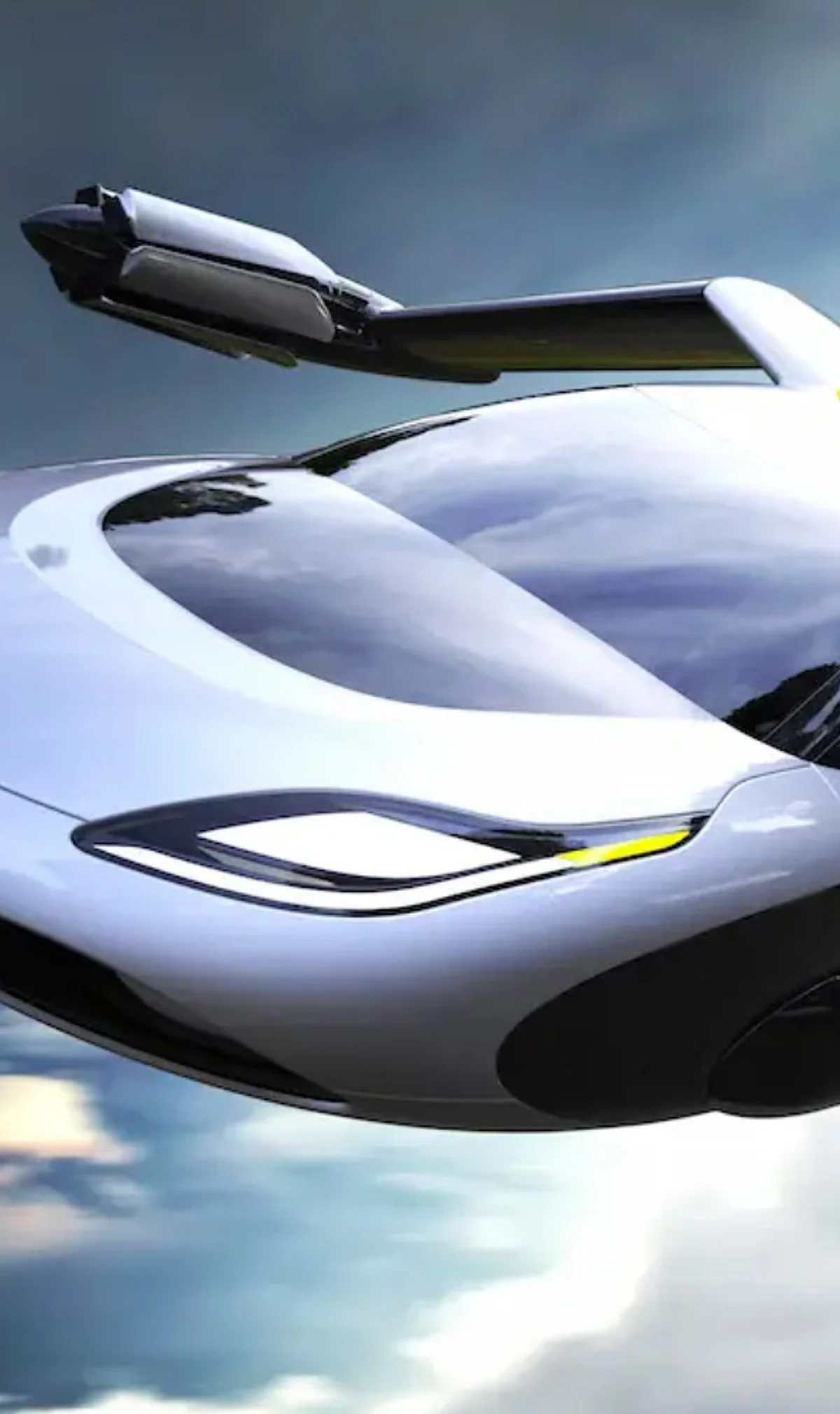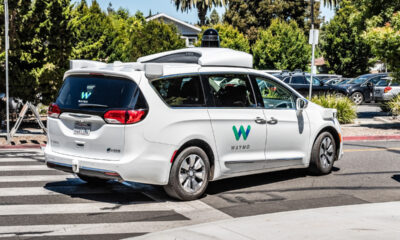Technology
Revolutionary Car Features Set to Transform Driving by 2030

By 2030, the automotive industry is expected to undergo a significant transformation, introducing features that will fundamentally change how we interact with vehicles. Key advancements include fully autonomous driving, augmented reality (AR) dashboards, solar-powered electric vehicles (EVs), and emotion-aware technology, enhancing both safety and user experience.
Autonomous Driving Takes the Wheel
One of the most anticipated developments is the rise of fully autonomous vehicles. Major manufacturers such as Tesla and Audi are already testing self-driving technologies, with the aim of having vehicles that can operate without human intervention by 2030. This innovation promises to reduce accidents caused by human error, which accounts for approximately 94% of traffic collisions, according to the National Highway Traffic Safety Administration (NHTSA).
Countries like The Netherlands and Singapore are leading the way in regulatory frameworks that support the integration of autonomous vehicles on public roads. This regulatory support is crucial as it will facilitate the safe deployment of these technologies in urban environments.
Augmented Reality Dashboards Enhance User Interaction
Another exciting feature on the horizon is the integration of augmented reality dashboards. This technology will allow drivers to receive real-time information projected directly onto their windshield, creating an interactive experience that enhances navigation and safety. For example, BMW and Mercedes-Benz are already exploring AR features that can highlight road hazards or provide directions without requiring drivers to take their eyes off the road.
Such innovations are expected to improve situational awareness, potentially reducing the number of accidents and making driving more intuitive. Research from McKinsey & Company indicates that AR could increase a driver’s reaction time by up to 30%.
Solar-Powered Electric Vehicles Lead the Charge
As the world shifts towards sustainability, solar-powered electric vehicles are becoming a focal point for manufacturers. These vehicles harness solar energy to supplement battery power, offering an eco-friendly alternative to traditional energy sources. Companies like Lightyear are pioneering this technology, with plans to launch models capable of charging using sunlight by 2025.
The adoption of solar-powered EVs could significantly reduce reliance on charging infrastructure, particularly in remote areas. As the global push for greener technologies intensifies, these vehicles align with international goals to reduce carbon emissions and promote sustainability.
Emotion-Aware Technology Personalizes Driving Experience
Emotion-aware technology is another groundbreaking feature set to change the driving landscape. By utilizing sensors and AI, vehicles will be able to detect the emotional state of the driver, adjusting settings such as climate control, music, and even driving style to enhance comfort and safety. This technology aims to create a more personalized driving experience, potentially reducing stress and improving overall well-being.
According to research from MIT, vehicles that can adapt to a driver’s emotional state could lead to safer driving conditions and a more enjoyable ride.
The Road Ahead
As we approach 2030, the integration of these futuristic features will require collaboration between automakers, tech companies, and regulators. The convergence of technology and transportation promises to redefine mobility, making it safer, more efficient, and environmentally friendly. With advancements on the horizon, the automotive landscape is set for a dramatic transformation, offering a glimpse into the future of driving.
In conclusion, the innovations expected by 2030 will not only enhance the driving experience but also contribute to a safer and more sustainable future. As these technologies continue to develop, they hold the potential to reshape how we think about transportation globally.
-

 Technology5 months ago
Technology5 months agoDiscover the Top 10 Calorie Counting Apps of 2025
-

 Health2 months ago
Health2 months agoBella Hadid Shares Health Update After Treatment for Lyme Disease
-

 Health3 months ago
Health3 months agoErin Bates Shares Recovery Update Following Sepsis Complications
-

 Technology4 months ago
Technology4 months agoDiscover How to Reverse Image Search Using ChatGPT Effortlessly
-

 Technology1 month ago
Technology1 month agoDiscover 2025’s Top GPUs for Exceptional 4K Gaming Performance
-

 Technology2 months ago
Technology2 months agoElectric Moto Influencer Surronster Arrested in Tijuana
-

 Technology5 months ago
Technology5 months agoMeta Initiates $60B AI Data Center Expansion, Starting in Ohio
-

 Technology5 months ago
Technology5 months agoRecovering a Suspended TikTok Account: A Step-by-Step Guide
-

 Health4 months ago
Health4 months agoTested: Rab Firewall Mountain Jacket Survives Harsh Conditions
-

 Lifestyle5 months ago
Lifestyle5 months agoBelton Family Reunites After Daughter Survives Hill Country Floods
-

 Technology4 months ago
Technology4 months agoHarmonic Launches AI Chatbot App to Transform Mathematical Reasoning
-

 Technology3 months ago
Technology3 months agoUncovering the Top Five Most Challenging Motorcycles to Ride





















